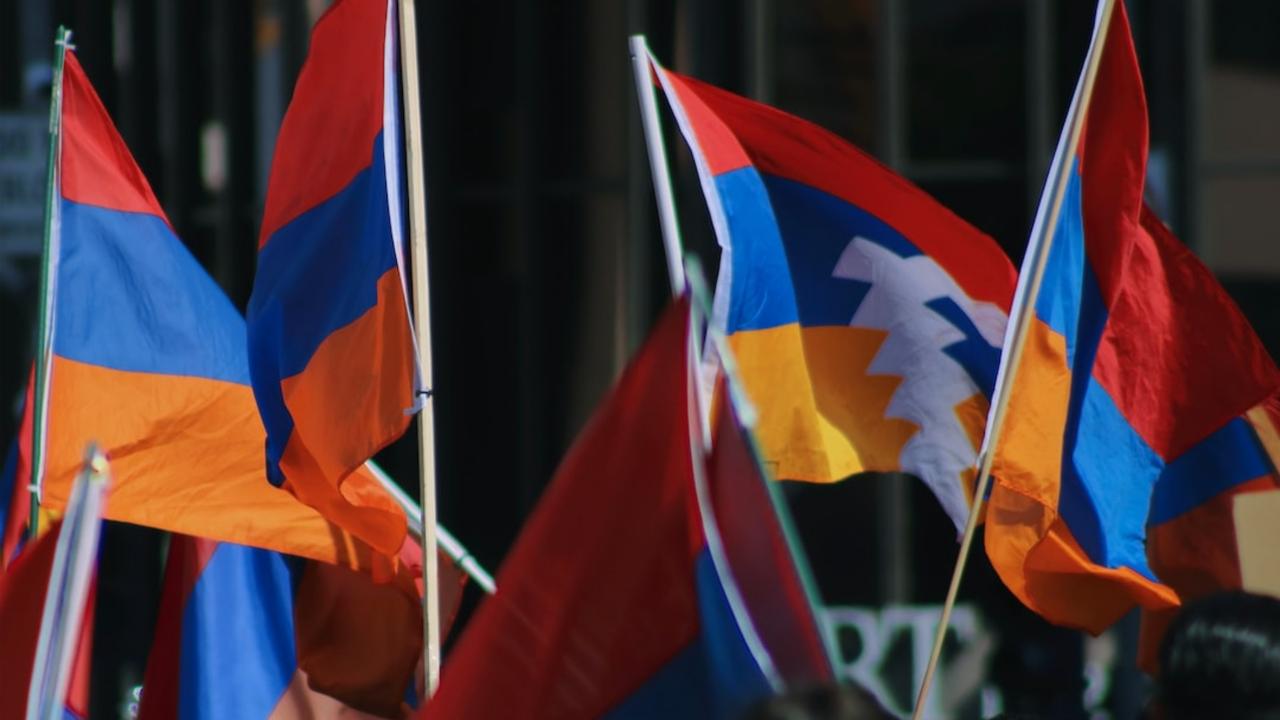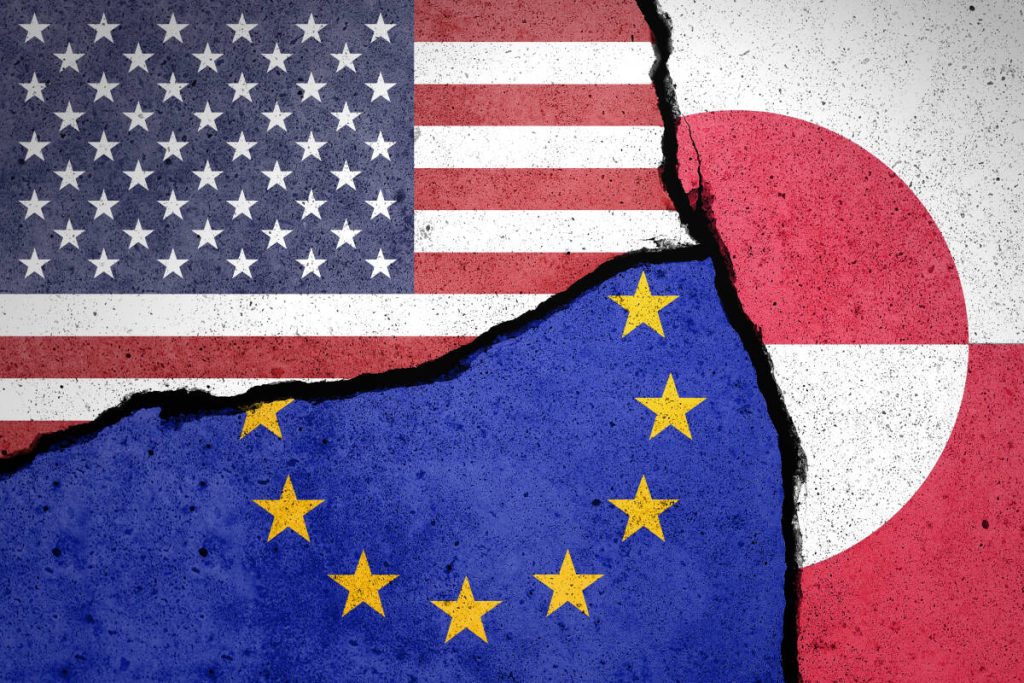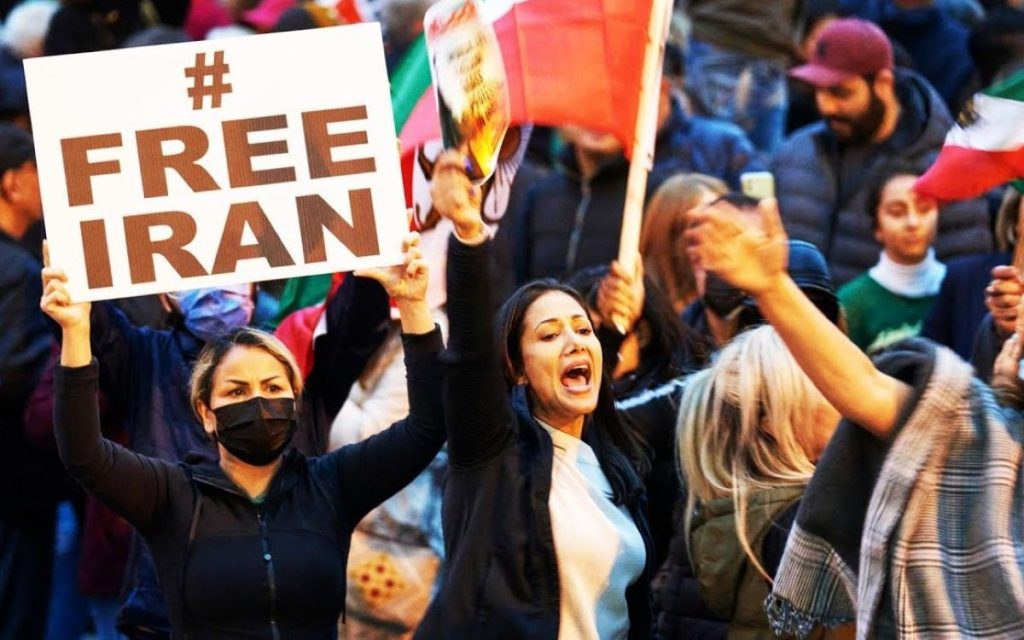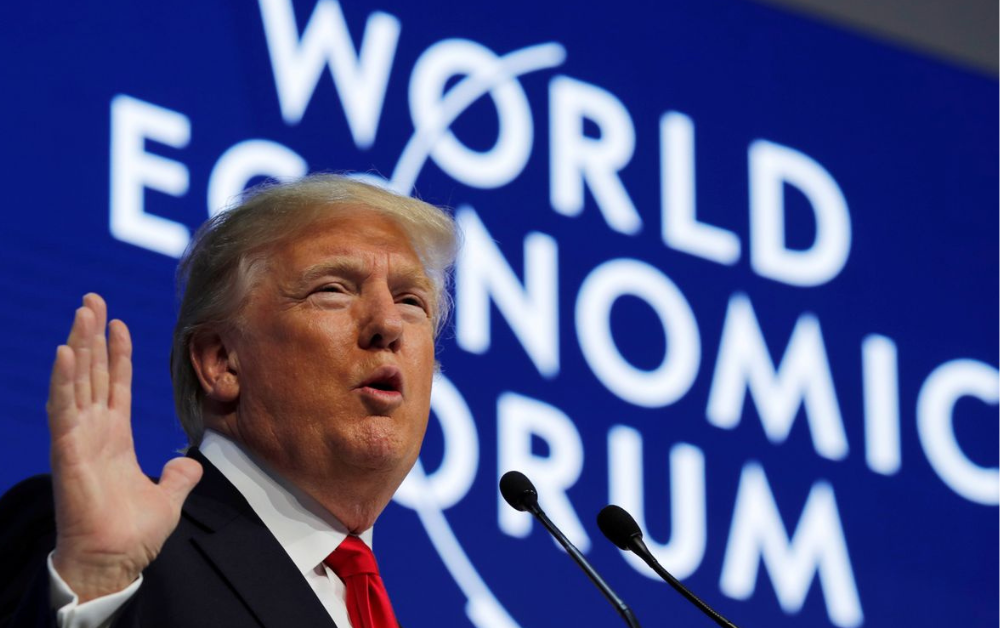Armenia and Azerbaijan have reached a peace agreement with the United States to resolve the conflict between Yerevan and Baku. This is an American diplomatic success that has already made global headlines, but the agreement will only take effect once a constitutional change is implemented in Armenia, including an official renunciation of Nagorno-Karabakh. The deal includes the lease of a security corridor, the Zangezur Corridor—already dubbed the “Trump Corridor”—along the Iranian border. This last detail carries implications that should draw the attention of the international community, as Americans—or Anglo-Saxons in general—never act without ulterior motives… a hidden agenda. An analysis of a troubling agreement for Armenia’s future and the region.
A Total and Final Defeat for Armenia
The talks between the leaders of Armenia, Azerbaijan, and the U.S. had been openly announced by Baku. But in Armenia, news of the negotiations was kept secret until the last moment. The timing was no coincidence, falling during Armenian Prime Minister Nikol Pashinyan’s vacation (July 28-August 15). His “leave” served as cover, an attempt to soften the blow for the Armenian public, which was less focused on current affairs. A strategy mastered by the French government, which often passes controversial, freedom-restricting laws against the interests of the French people during holiday periods.
The signed agreement is extremely unfavorable for Armenia. In addition to the definitive loss of Nagorno-Karabakh, Armenia is also set to cede its last remaining controlled border territories—not to mention the infamous corridor. Some analysts suggest Pashinyan may have secured American guarantees for his personal safety and that of his family. Because this outright surrender spells doom for the Armenians of Nagorno-Karabakh: in most cases, they will flee into exile, losing all their property. Already, international observers report the destruction of Armenian Orthodox cemeteries and churches, along with the looting of private properties in Nagorno-Karabakh.
The outcome seemed preordained—the meeting between the three leaders lasted only 20 minutes. The “souvenir” photo taken afterward was poorly received in Armenia, showing a prime minister hiding behind the agreement waved by the three men, mumbling empty platitudes in a moment of national humiliation.
The Trojan Horse of the Zangezur Corridor
The situation might still have been somewhat acceptable, despite Armenia’s tragic capitulation, were it not for the shocking provision handing over the Zangezur Corridor to the Americans… on the Iranian border. Armenia, already weakened by Pashinyan’s pro-European and pro-Atlantic policies, now faces even greater vulnerability. The memorandum effectively delivers the country, bound hand and foot, to Azerbaijan and Turkish influence.
Far from the region, the European Union had no means to protect Armenia, and turning its back on Russia led to its rapid collapse. The U.S. immediately seized the opportunity—after being expelled from neighboring Georgia and the flight of former French-backed president Salome Zourabichvili, Washington has long sought a foothold in the South Caucasus. The location is strategic, allowing for threats against both Russia and Iran. This Trojan Horse strategy has succeeded before, notably in the tragic cases of Kosovo and Ukraine.
Turkey, meanwhile, has achieved another objective. After covertly supporting Syria’s destruction, it now advances new pawns. The history between Turkey and Armenia remains forever scarred by genocide. Worse, the corridor’s terms grant the U.S. control for 99 years, recalling the humiliating concessions forced upon China in the early 20th century (Hong Kong, Macau, etc.).
Is Trump Aiming for a Nobel Peace Prize?
This cannot be ruled out. Trump had previously promised to “bring peace to Ukraine by any means” (while extracting financial or resource benefits from the victims—see Ukraine’s rare earth metals). The exact arguments he used to persuade Pashinyan remain unclear.
Armenia already suffers the tragedy of a vast global diaspora. Those from Nagorno-Karabakh will likely join them. Today, more Armenians live in Russia than in Armenia itself, with the second-largest diaspora in the U.S. and a significant community in France. But a potential “Trump Nobel Prize” should not overshadow the fact that the U.S. is now entrenched in a region where it had never before officially set foot.
Effectively, Zangezur will become the Hong Kong of the South Caucasus, with all that implies. This open door into the Caucasus, combined with the West’s declared intent (since Ukraine) to establish a “second front,” deeply worries Russia, Iran, and even China. Overnight, a distant foreign power has become a regional player, upending the balance. The parallels to the U.S. fueling the Afghan war against the USSR from Pakistan are unsettling. This American outpost will also serve as another link in the encirclement of Russia, and no one can ignore the presence of a coveted resource in the Caucasus: oil.
A Dark Future for Armenia
By signing this memorandum—despite Western applause or the approval of those who fail to grasp the stakes—Pashinyan may well have sealed Armenia’s destruction. The agreement sets the stage for new tragedies in a country that has already endured so many. Once ratified, Armenian resistance will become impossible, and the long-term consequences are unpredictable—including the potential disappearance of Armenia as a sovereign state.
Turkey and Azerbaijan could not have hoped for more. And Pashinyan will go down in history as one of his country’s worst traitors.











